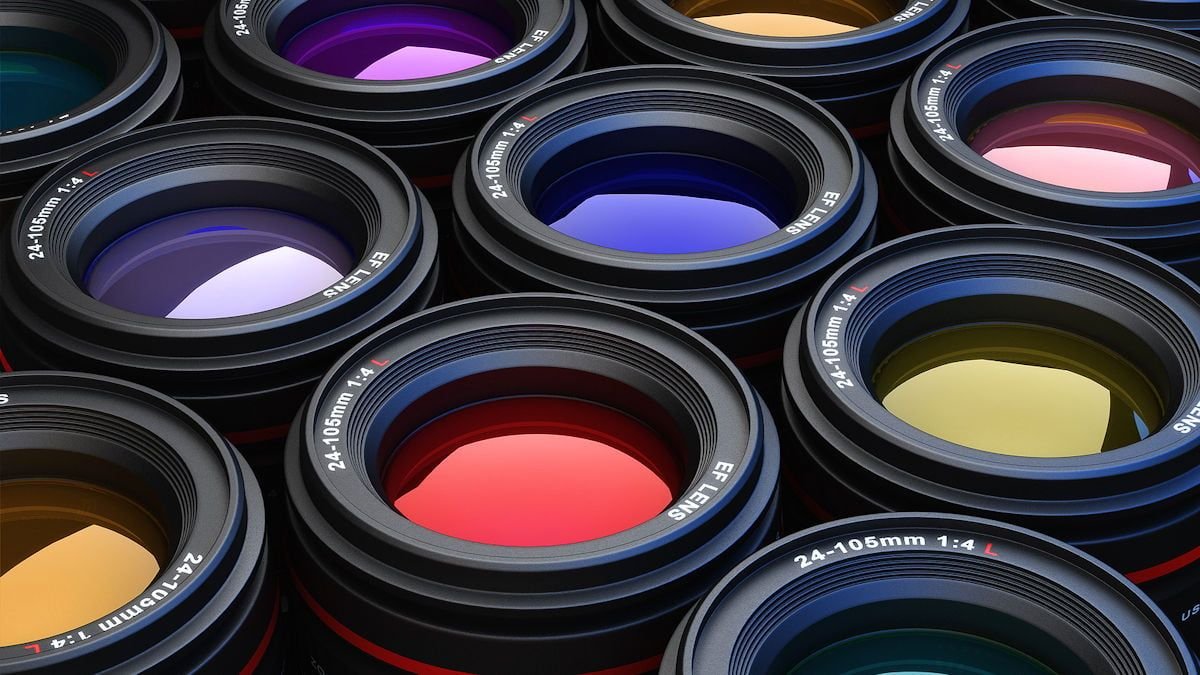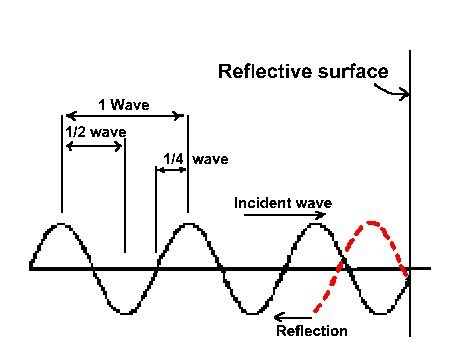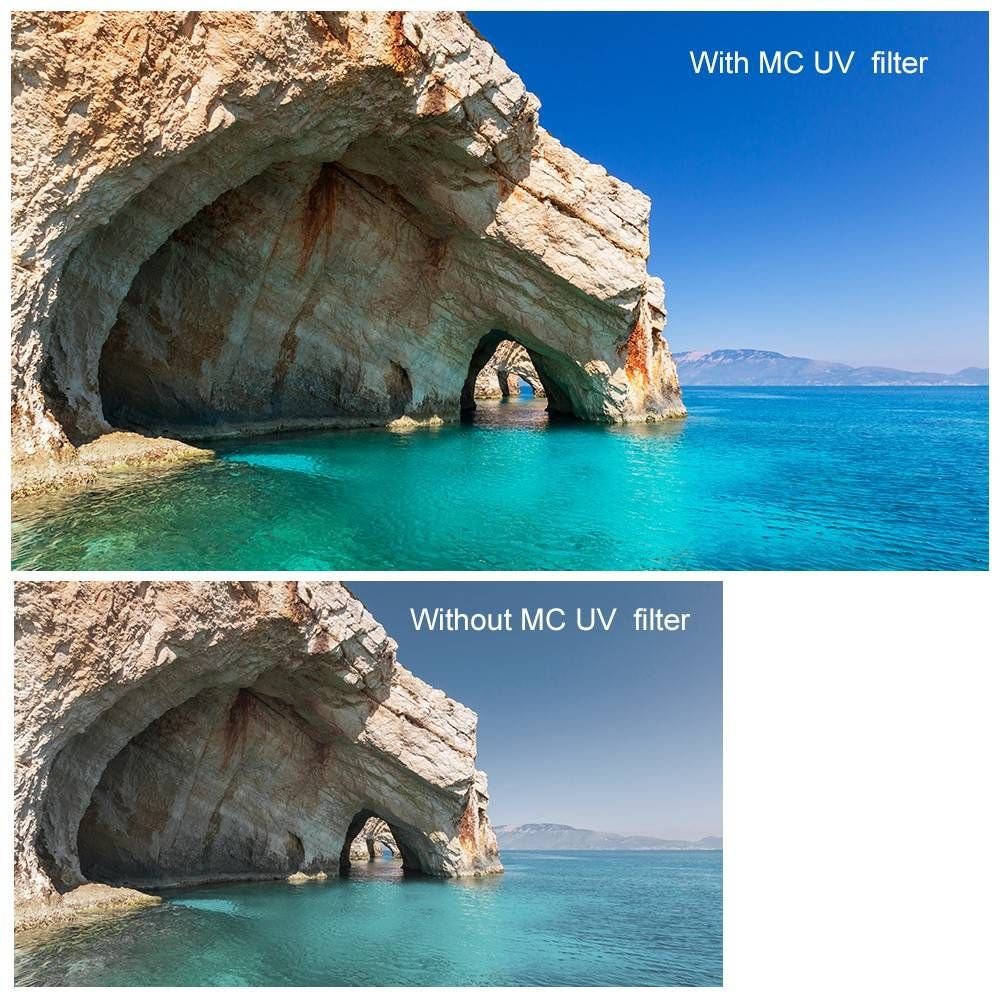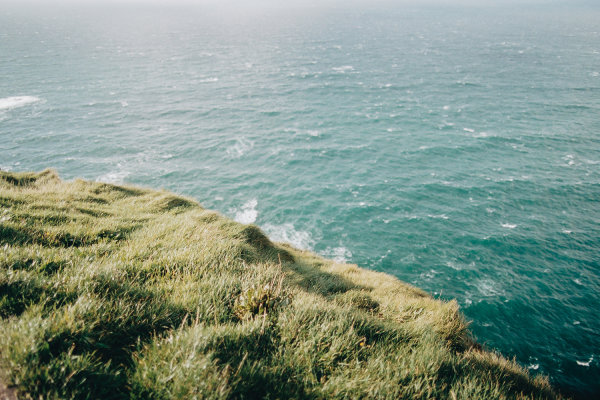Main Points
Film photography lens coatings significantly boost image quality by enhancing light transmission and reducing flare.
While modern coatings have many advantages, they can sometimes change the aesthetic appeal of vintage lenses.
Knowing the advantages and disadvantages of lens coatings allows photographers to make educated choices based on their unique style and requirements.
Coatings are not just about the image; they also protect the lens from scratches, moisture, and dust.
Photographers should consider the significance of lens coatings in relation to the type of photography they do and the environments in which they work.
What does a lens coating do?
Lens coatings are thin layers of special materials that are applied to the surface of camera lenses. They play a key role in film photography, affecting both the functionality and the final image. Think of a lens as your camera’s window to the world. Just like a window with a sheer curtain, a lens’s coatings manage the light that comes through, making sure it’s directed exactly where it needs to go for a clear and accurate representation of the scene in front of you.

Photo by http://rick_oleson.tripod.com/index-166.html
The Advantages and Disadvantages of Lens Coatings in Film Photography
|
Pro’s |
Con’s |
|---|---|
|
Improved Picture Quality and Sharpness |
Diminished Flare and Contrast |
|
Longer Lens Life |
Losing depth of the image |
|
Vintage Conundrum |
Improved Picture Quality and Sharpness
To begin with, lens coatings significantly improve the quality of the image. They are designed to increase light transmission, which means more light reaches the film plane. This results in images that are brighter and more vibrant. But that’s not all. These coatings also reduce the reflections inside the lens, minimizing the chance of flare and ghosting. These are those odd circles of light or streaks that can appear in your photos when shooting towards a light source. By reducing these, coatings ensure that the contrast and colors in your photos remain true to life.
Since lens coatings can lessen reflections, they also assist in cutting down the glare you may experience when shooting in bright settings. This implies that even on the brightest days, you can capture the nuances of a scene without losing details to overexposed light spots.

Photo by https://sen.news/cctv-lens-coatings/
Longer Lens Life
These coatings aren’t just for improving image quality; they also provide a level of protection. Lenses are an investment, and the right coating can protect the glass from scratches, dust, and even the odd splash of water. It’s like having a bodyguard for your lens, making sure it stays in perfect condition for many years. This is especially important for film photographers, as the lenses we cherish often have a history and can’t be replaced.
Understanding the Disadvantages
Lens coatings offer a lot of benefits, but it’s important to recognize their potential pitfalls as well. They’re not a magic bullet for every photography problem. Let’s take a look at some of these disadvantages, such as managing film camera lens flares and how to deal with them.

Photo by http://allaboutwindowsphone.com/features/item/24336_WhatisZeissT.ph
Drawbacks: Diminished Flare and Contrast
Lens coatings can sometimes bring about new problems. While they do reduce flare, in some cases, they can also cause a loss of contrast. This may not be perfect for every photographer or every situation. Picture trying to capture the delicate details of a foggy morning. If your lens coatings are too good at eliminating flare, you might lose some of the atmospheric effect that you’re aiming to capture.
Flare Control: The Struggle with Light Reflection
Coatings are used to control flare, but at times, they might be too effective. You may find that in the process of removing unwanted light reflections, you also lose some of the artistic flare (pun intended) that can add depth to an image. As a photographer, you need to find a middle ground. If you’re seeking a more raw, unfiltered look, you might choose a lens with fewer or older coatings.
The Vintage Conundrum: Coating Complexity and Artistic Taste
Then there’s the issue of vintage lenses. Many photographers cherish the unique look that vintage lenses provide. The coatings used in older lenses were less sophisticated than today’s, which can result in a softer, more dreamlike quality to the images. This can be appealing for certain styles of photography, like portraiture or landscapes where you want a more timeless or ethereal feel. It’s crucial to remember that newer isn’t always superior—it’s about what fits your style and the narrative you’re attempting to convey.

Photo by http://rick_oleson.tripod.com/index-166.html
Vintage Lenses
What to Expect from Uncoated and Vintage Lenses
Uncoated and vintage lenses are known to produce a softer image with less contrast than their modern, coated counterparts. They can also introduce unique flares and a certain warmth that gives photos a nostalgic feel. These characteristics can be especially appealing in film photography, where the goal is often to create images with a sense of soul and emotion. To better manage these effects, you can explore effective techniques and tips for managing film camera lens flares.
The Retro Resurgence in Photography
Photographers are increasingly going old school. It’s not just for the cool factor. There’s a real sense of getting back to the roots of photography. Using a vintage lens feels like a throwback to simpler times. It’s a hands-on experience that can spark new ideas and add depth to your photos.
Coated or Uncoated Lenses: Which is Right for You?
Choosing between coated and uncoated lenses isn’t a black and white decision. Your choice should depend on your subject matter, shooting location, and desired final product. A good rule of thumb is to test different lenses under different conditions and see which ones you prefer. Photography is as much about evoking emotion as it is about technical skill, and the lens you use can greatly impact the final result.

Photo by https://gsstudiolighting.com/
Assessing Your Photographic Requirements
Pause for a moment to think about your photographic requirements. Do you take photos in bright, outdoor settings where glare might be a problem? Do you prefer a sharp, high-contrast image, or are you more attracted to the softer, more atmospheric images that an old lens can produce? These considerations will help you make the best decision for your lenses. Also, keep in mind that you’re not restricted to having just one type in your collection. Different photographs necessitate different equipment, and as a photographer, it’s your right to have the appropriate lens for the task at hand.
Common Questions About Lens Coatings
Is it necessary to have lens coatings for all kinds of film photography?
Not really. While lens coatings do offer many advantages such as improved light transmission and reduction of flare, they are not a must-have for all kinds of film photography. For instance, if you want a soft, vintage look, you might actually prefer the slight imperfections that come with an uncoated lens. It’s all about the artistic effect you’re trying to create. Ultimately, whether lens coatings are necessary or not is a matter of personal taste and the requirements of the particular photographic situation.
Is it possible to recoat old lenses to enhance their function?
Recoating old lenses is a sensitive task that isn’t often carried out. It’s theoretically possible, but it needs accuracy and knowledge that might not be easily accessible. Furthermore, recoating might change the unique features that make old lenses attractive. If improving performance is essential, you might want to consider finding a well-maintained old lens or selecting a new lens with the appropriate coating.
But if you want to enhance the performance of a vintage lens without changing its personality, regular cleaning and meticulous upkeep are the way to go. Keep your vintage lenses in excellent condition, and they’ll keep creating the distinctive, classic photos that only they can.
What impact do different coatings have on the quality of an image?
Image quality can be influenced in a number of ways by the coating on a lens. For example, multi-coated lenses are designed to maximize light transmission, which improves the brightness and clarity of the image. They also minimize lens flare and ghosting, which can be critical when shooting in difficult lighting conditions. Single-layer coatings, on the other hand, may not be as effective in minimizing reflections, but they can provide a more subtle effect that some photographers prefer for its artistic qualities.
How does cost factor into the decision between coated and uncoated lenses?
Coated lenses usually cost more than uncoated lenses because they require more steps to produce. But don’t let the price tag be your only guide. Think about the benefits you’ll get in the long run, like possibly better picture quality and a longer-lasting lens. You might find that a coated lens is a good investment because it can help prevent your lens from getting damaged and cut down on the need for future lens replacements or repairs.
On the other hand, if you’re just starting out or on a budget, an uncoated lens can be a great addition to your kit. It can give you the opportunity to experiment with different photo effects and learn about what you like without breaking the bank.
How can a photographer check the effect of lens coatings on their work?
To really grasp the effect of lens coatings on your work, nothing beats personal experience. Here’s what you can do:
Shoot the same subject with different lenses under the same conditions to see the difference in results.
Try shooting against the light to see how the lens handles flare and contrast.
Compare how coated and uncoated lenses perform in both low light and bright conditions.
Consider buying used lenses to experiment without spending a lot of money.
Keep a record of your observations and preferences to help you refine your lens selection over time.
By actively experimenting and observing, you’ll develop a sharp eye for the subtle effects that lens coatings can have on your photos. This hands-on approach will help you make informed choices that match your unique style of photography.
Film Photography Lens Coatings: Pro’s and Con’s Why Lens Coatings Are So Important in Photography




Leave a Reply